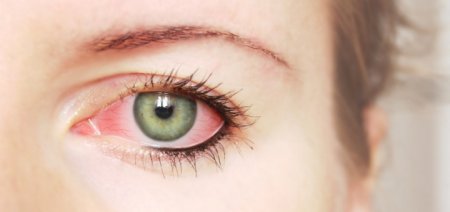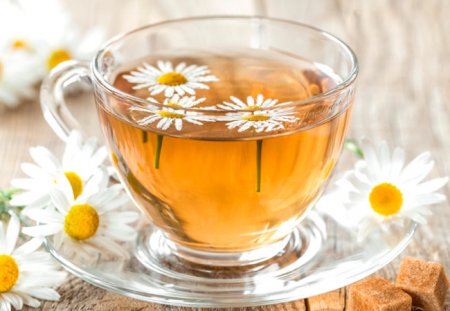Herbal Treatment for Sore Eyes
Dry, red, itchy, watery eyes can be caused by allergies, the common cold, dust and dry air. Herbal treatments have been used for centuries to treat these symptoms and there is considerable empirical evidence for their usefulness and safety. Many of the herbs commonly used for allergic eye symptoms are also foods. Some traditional herbs like witch hazel can be found in commercial eye drops.
Food for the Eyes
Everyone knows that carrots are good for your eyes. Carrots contain vitamin A, which is necessary for healthy eyes. Aniseed, bilberry, cardamom, parsley, rooibos tea, turmeric and gooseberries are also traditional foods for eye problems, as are leafy greens.
All of these herbs produce antioxidant activity in the body and are rich in the vitamins and minerals needed for healthy eyes. Eating a healthy diet with plenty of herbs and spices can help your eyes stay healthy, just as it helps prevent disease in the rest of your body.
Topical treatments
Marigold, coriander or chamomile tea is a traditional eyewash to relieve symptoms of red itchy eyes. Eyebright tea, turmeric and green tea are also used. Cool compresses made with herbal tea are also traditional. The compresses might be made with cloth pads dipped in the cooled tea, or with a paste made of the leaves used in the tea. Since the development of tea bags, a common eye compress is a tea bags that's been steeped in hot water and allowed to cool, then placed over the irritated eyes for 10 to 20 minutes.
Expert Insight
According to research published by Dr. J. Song and others in the April 2010 issue of "Phytotherapy," bilberry extract may be beneficial for physiological renewal and homeostasis of corneal epithelial cells.
Dr. Stoss, in the December 2006 "Journal of Alternative and Complimentary Medicine," notes that single-dose eye drops of euphrasia, or eyebright, can effectively and safely be prescribed for various conjunctival conditions by general practitioners and ophthalmologists.
In the "American Journal of Ophthalmology," doctors West, Oren and Moroi state, "Evidence shows herbal remedies (e.g., butterbur, Urtica dioica, Citrus unshiu powder), dietary products (e.g,, Spirulina, cellulose powder) have an effect on the symptoms of allergic rhinoconjunctivitis." However, they state available evidence does not support the use of herbal medicines for macular degeneration, cataracts, diabetic retinopathy or glaucoma.
Considerations
Before using herbal treatments for any eye symptoms, have your eyes checked by your physician to rule out more serious conditions or an infectious condition that requires the use of antibiotics. Herbal remedies can't effectively treat infections, and in fact you can spread the infection to others if care isn't used. More serious problems like cataracts and glaucoma don't respond to herbal treatments.
Warning
Use care when taking herbal remedies while pregnant. Talk to your doctor about the herbal remedies you use to find out if they are considered to be safe. If you use herbal remedies for dry, allergic eye symptoms and the symptoms don't improve in a few days, consult your doctor or ophthalmologist to rule out more serious conditions.


